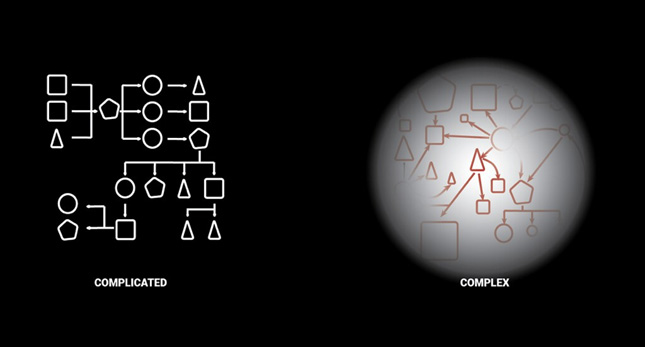Hey @Anupc Anup,
OK, let’s elaborate ![]()
![]() You choose an aspect of the upsampler technology to make a point - the processing power of the hardware built in. There is at least one assumption in the background - namely that higher output bit rate must equal better result. And as the hardware is capable, highest bit rate equals best. The omitted component in this logic is the listener. I return to that soon.
You choose an aspect of the upsampler technology to make a point - the processing power of the hardware built in. There is at least one assumption in the background - namely that higher output bit rate must equal better result. And as the hardware is capable, highest bit rate equals best. The omitted component in this logic is the listener. I return to that soon.
First I’m coming back to my question above. The DAC itself oversamples with enough processing power. If we would reduce the affair to the property of processing power a separate upsampler would be inaudible. dCS stated something to that end here:
The short answer is: we do. dCS DACs oversample the data in several stages, the first stage being to either 24/176.4 or 24/192, the second stage oversamples to 24/352.8 or 24/384, and so on. Using a separate Upsampler unit (which uses the same digital hardware and the same process as the DAC oversampling) to upsample to 24/192 (for example) replaces the DAC’s first oversampling stage. Sampling theory indicates that adding the Upsampler should make no difference at all, but most people can hear…
I have seen your post below and am not versed enough in the details of digital audio processing. So I can’t argue at a granular level. My general point holds though - at least I believe… ![]()
Upsampling vs. Oversampling according to dCS, circa 2008; Upsampling An Upsampler is a digital-to-digital converter (DDC) capable of converting digital audio data at one sample rate to a higher sample rate. The term “Upsampler” was first used by dCS in 1998 during development of the dCS Purcell. Some other manufacturers appear to have confused the term “upsampling” with “oversampling”, which is a similar process used in good audio DACs for many years. They have missed the point that upsampl…

A hifi system is complicated. It can be deconstructed in and understood through its constituent parts. That’s what we engineers have learned and are practicing. The human body and mind both are complex systems. They work differently. Here the dynamics between the system constituents are important. Prediction is hard. There are unknown knowns. When you add a human listener to a hifi system the resulting system becomes complex. To deal with complex systems it is useful to employ these tactics, wich we actually implicitly follow here in the community:
- building relationships + working with patterns of interaction
- sense making by collective interpretation
- working in communities of practice
- act, learn and plan at the same time
- building on what works
Here’s an article approaching the system classification from a different angle. For the ones who enjoy gymnastics in logic:
https://betterprogramming.pub/simple-vs-complicated-vs-complex-vs-chaos-737b5964849d
My resulting hypothesis is, that reductionistic arguments are not sufficient to deal with hifi. The complex nature of the hifi + listener system requires the approach of collective sense making we practice here in the community. And to be useful that must include the ‘messy’ part - the listener.